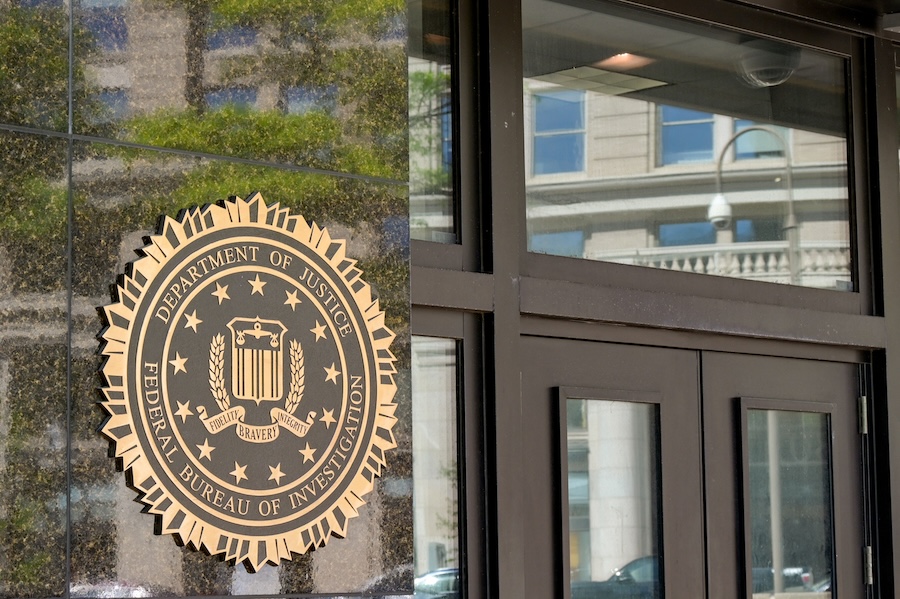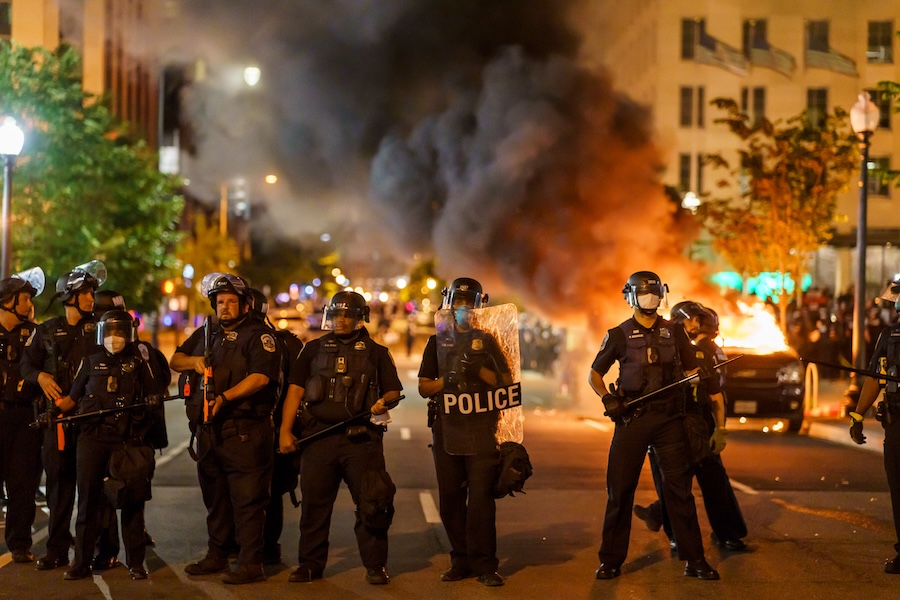Politics
FBI Demotes Agents Who Knelt During George Floyd Protests

Nearly five years after agents were photographed kneeling in solidarity with demonstrators during the 2020 George Floyd protests, the FBI has reassigned several of those involved—moves widely seen within the bureau as demotions.
According to a report from CNN, citing individuals briefed on the situation, the agents who took a knee during a public demonstration have now been shifted to less prestigious roles. The FBI offered no official explanation for the change.
The agents’ kneeling gesture took place during a highly charged period following the death of George Floyd in Minneapolis police custody, an incident that ignited nationwide protests, riots, and calls to “defund the police.” At the time, photos of FBI personnel kneeling with protesters circulated widely, sparking backlash. Critics argued that the act politicized a law enforcement agency meant to remain neutral.
“This notion that the bureau would go after these people, it’s just disgusting,” one former official said to CNN, adding that discipline usually takes months or even over a year under standard procedure. “Those agents were not ever trained to be in that situation,” said one former agent to The Washington Post. “Riot control is not our mission. We are trained to de-escalate.’’
Following the death of George Floyd in May 2020, nationwide protests and riots erupted across the United States, leading to a heightened law enforcement presence, including significant involvement from the FBI. While the FBI traditionally focuses on federal crimes and counterterrorism, the agency became involved in both monitoring and responding to the civil unrest that followed Floyd’s death at the hands of Minneapolis police.

Many protesters gathered around the White house to demand justice over George Floyd’s death and request a change in policing system. This photo was taken in Washington DC, USA on 5/30/2020.
The bureau’s intelligence and surveillance operations were ramped up, particularly in cities where demonstrations had turned violent. FBI agents worked alongside local and state authorities to track suspected anarchist groups, identify instigators of violence, and prevent attacks on federal buildings. The agency issued multiple bulletins warning of threats posed by both far-left and far-right extremist groups exploiting the chaos.
One of the more controversial moments came when photos emerged of several FBI agents kneeling in solidarity with protesters outside the Department of Justice in Washington, D.C. The gesture was seen by some as a peaceful show of empathy, but by others—especially within conservative circles and inside the bureau—as an inappropriate political statement. The FBI later reviewed the incident and, at the time, found no policy violations.
Since Kash Patel took over as FBI Director, the bureau has ramped up efforts that many critics say blur the lines between law enforcement and political agenda. One of Patel’s most aggressive moves has been a sweeping internal clampdown—launching polygraph tests to root out leakers and silence dissent across federal ranks.
The push to tighten control over internal communications appears part of a broader effort to realign the FBI under a stricter, more centralized command.
In a separate move drawing national attention, the FBI recently arrested Wisconsin Judge Hannah Dugan. She stands accused of interfering with a federal immigration arrest—allegedly helping an undocumented immigrant avoid capture by federal agents at the courthouse.

